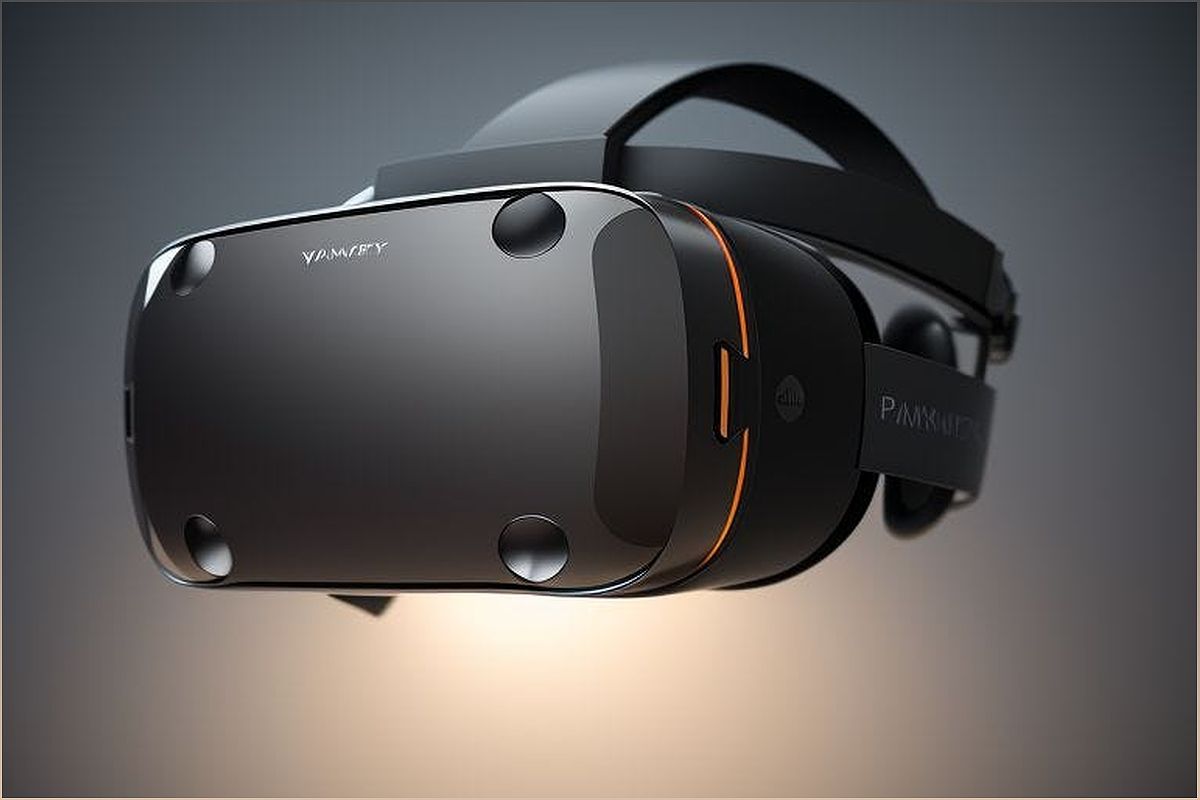Welcome to the future of gaming! Imagine controlling a virtual jet ski not with your hands, but with your thoughts. Thanks to groundbreaking advancements in brain-computer interfaces, this futuristic concept is becoming a reality. In this article, we'll delve into the world of brain-computer interfaces and their application in virtual reality gaming. Get ready to explore the incredible work of Neuralink and Cogitat as they unlock the potential of the human mind in the virtual realm.
The Power of Brain-Computer Interfaces
Discover how brain-computer interfaces are revolutionizing the way we interact with virtual reality.
Imagine being able to control virtual objects with your mind. Brain-computer interfaces (BCIs) are paving the way for a new era of immersive experiences in virtual reality (VR) gaming. By directly connecting our brains to computers, BCIs have the potential to enhance gameplay, provide therapeutic benefits, and open up a world of possibilities.
Neuralink, a leading neurotech company founded by Elon Musk, is at the forefront of BCI development. Their groundbreaking chip implant technology has shown promising results in enabling individuals to control digital devices with their thoughts. Additionally, Cogitat, a university spin-off, is exploring non-invasive BCI solutions that work externally, offering exciting alternatives to traditional brain implants.
Empowering Stroke Patients Through VR Rehabilitation
Learn how brain-computer interfaces are transforming stroke rehabilitation and providing hope for patients.
Stroke survivors often face challenges in regaining motor function and participating in rehabilitation. However, BCIs are offering a glimmer of hope by providing innovative solutions to aid in the recovery process. By visualizing movement and connecting the brain to virtual environments, stroke patients can regain motivation and engage in physiotherapy.
Cogitat, in collaboration with medical professionals, is utilizing BCIs to create immersive rehabilitation experiences for stroke patients. By simulating movements and providing real-time feedback, these VR-based therapies have shown promising results in improving motor skills and enhancing overall recovery.
Unleashing the Potential of Remote Computer Control
Explore how BCIs are revolutionizing remote computer control and its potential for individuals with disabilities.
BCIs have the power to transform the lives of individuals with disabilities by enabling remote computer control. Imagine being able to operate a computer or communicate with others solely through your thoughts. This technology has the potential to provide independence and enhance the quality of life for those with limited mobility.
Neuralink's chip implant technology, coupled with advanced machine learning algorithms, is paving the way for seamless brain-computer communication. By decoding neural signals and translating them into computer commands, individuals with disabilities can regain control over their digital interactions.

